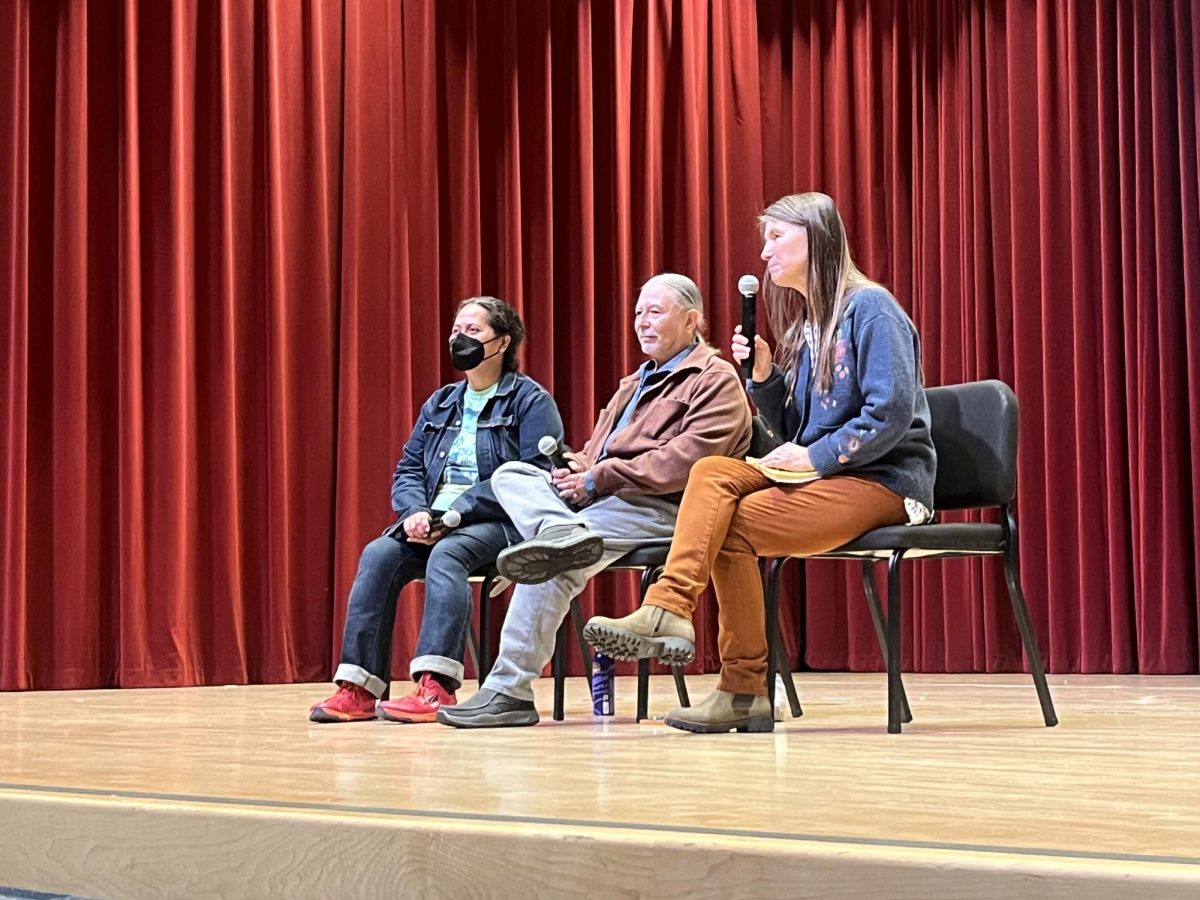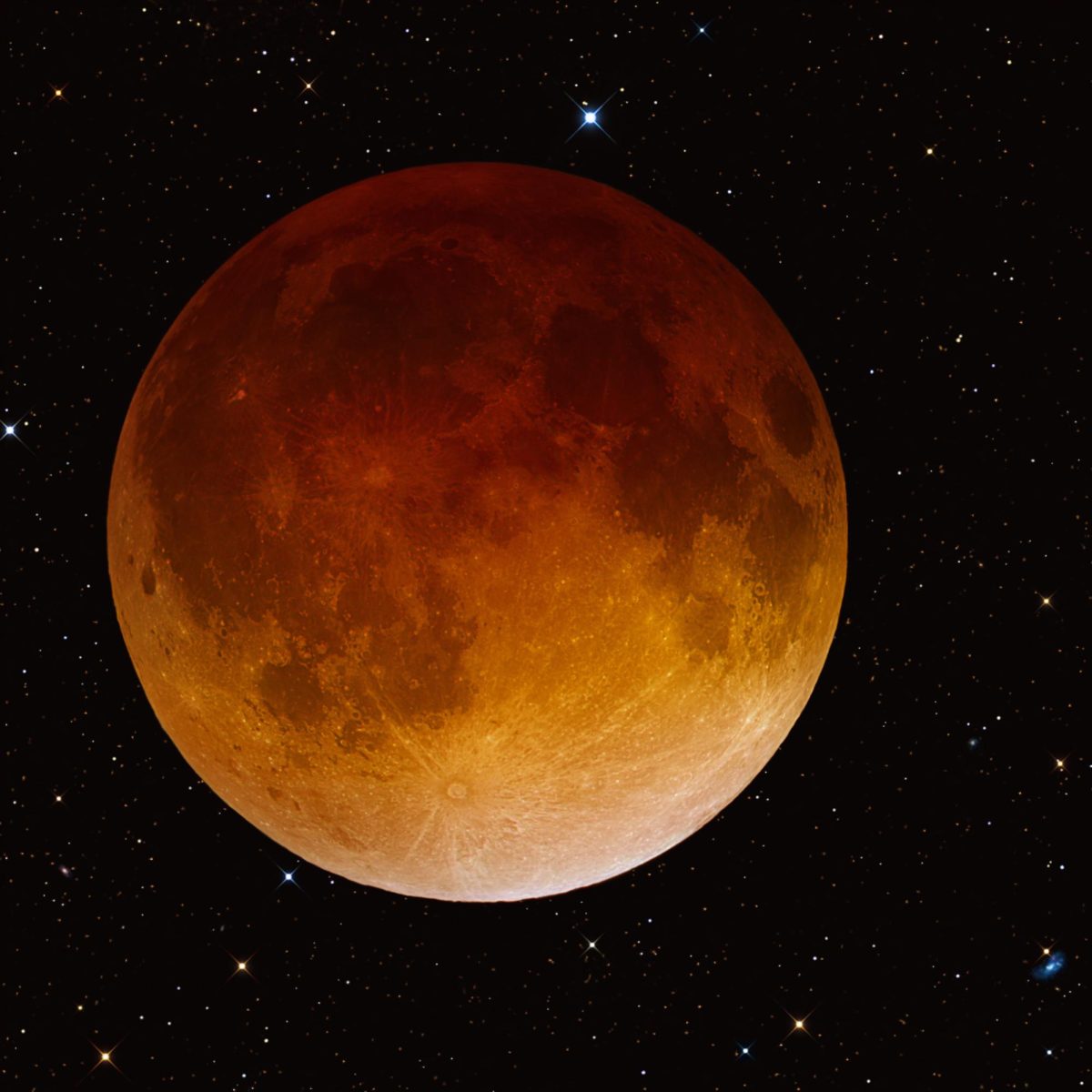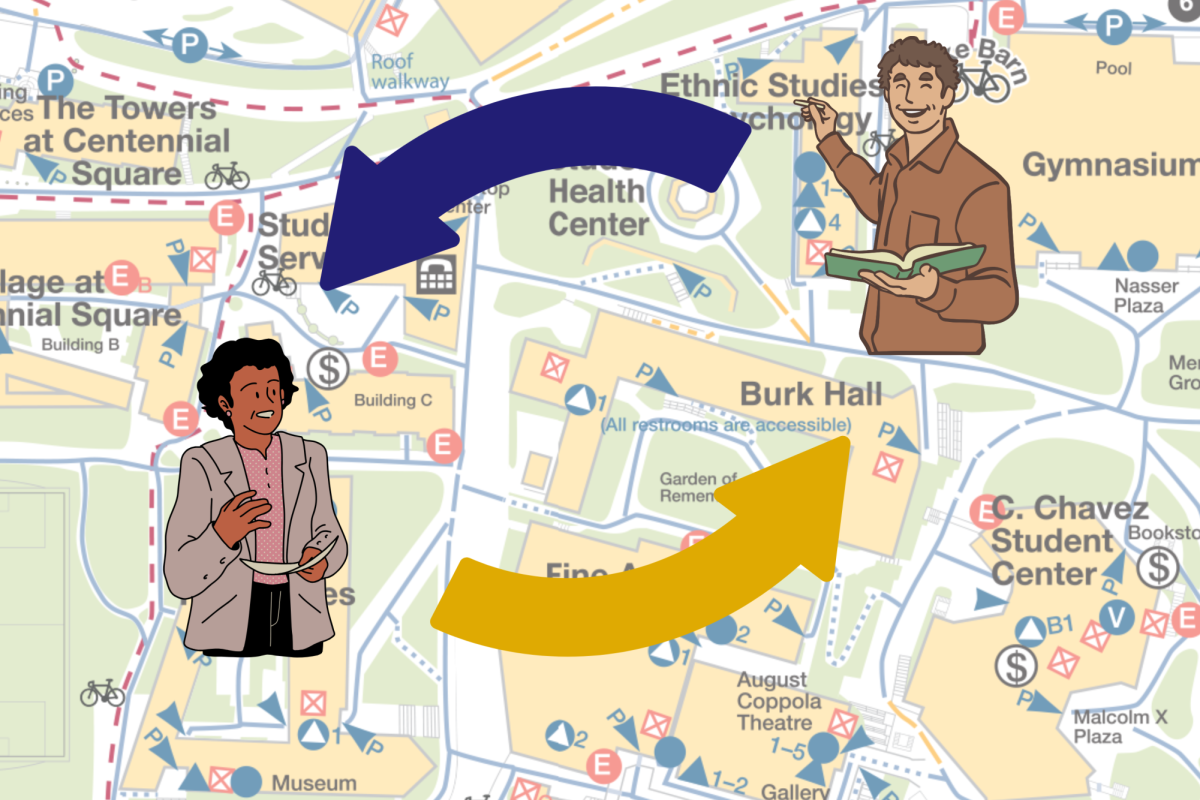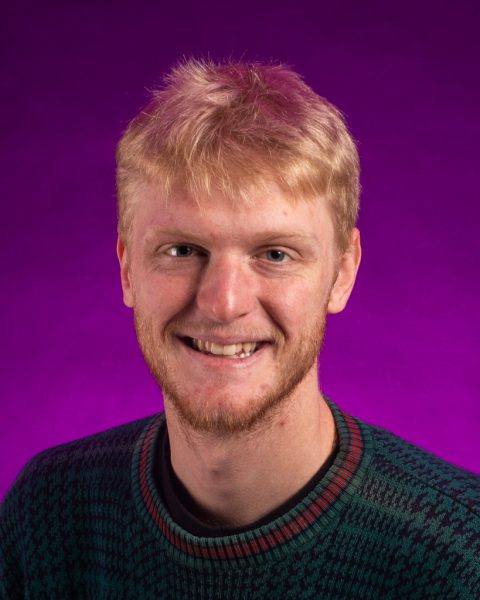Gopal Dayaneni opened the Asserting Indigenous Sovereignty: Defending Indigenous Land Rights panel with a land acknowledgment that posed the conundrum of living on someone else’s land to all attendees.
“We all must be in a complex and eternal journey of discerning how to be in the right relationship with the peoples of the places we call home,” Dayaneni said to the audience. “Almost every CSU [California State University] is in the territory bounded by a common bio-regional identity. That includes the incredible bio-cultural and linguistic diversity from long before colonization.”
Dayaneni is a professor of race & resistance studies as well as environmental studies at San Francisco State University. He helped organize the panel which was one of several SFSU Climate Headquarters Earth Week events. The panel focused on Indigenous perspectives on Earth Week and Indigenous peoples’ rights to their land.
The panel featured four Indigenous activists from different parts of the world, such as Nicaragua, Tonga and San Francisco.
Melissa K. Nelson, a professor of Indigenous sustainability, is of Anishinaabe, Métis and Norwegian descent. Nelson is also an enrolled member of the Turtle Mountain Band of Chippewa Indians, meaning she has Native ancestry within three separate tribes.
Nelson took charge to help lead the panel, her words eliciting both laughter and resounding support from attendees.
“We are working as leaders of the environmental movement celebrating Earth Week. Hey, happy Earth Day — but for Indigenous people, every day is Earth Day,” Nelson said while introducing the panel. “We are not — we would not — be here without our mother, the earth. Sovereignty is as sovereignty does; we have to assert our sovereignty. We have to assert our rights.”
During the panel, Jose Coleman, an Indigenous Nicaraguan from Miskitu land, asserted his perspective on events on the other side of the world. According to Coleman, logging corporations are actively displacing their land and people.
Coleman joined Thursday’s panel via Zoom after the Nicaraguan government froze his passport. He had previously spoken at a United Nations Assembly on Indigenous land rights in Switzerland.
Coleman isn’t exactly sure why his passport was frozen but said he assumes it was due to his outspoken positions on land rights within Nicaragua. Immigration authorities blocked him from flying to San Francisco for the panel.
Despite his situation, Coleman still took time to speak his mind to SFSU staff and students.
“My ancestors say you are Indigenous; be proud of that and don’t lose your language, your culture,” Coleman said. “You have to keep fighting for your rights, and the most important right for an indigenous [person] is our land.”
Loa Nuimeitolu is a Tongan poet, organizer, and farmer who currently lives in Berkeley, California. She read multiple poems throughout the panel.
“Land is your grandmother, and she loves you very much. That’s beautiful,” Nuimeitolu said in her final words to the audience. “What do you do with the privilege you have? Listen to Indigenous leadership. Do what you think your ancestors would want you to do. Do not extract, extract, extract [from the earth]. Instead, think prayers; do things that will carry on for the next generations.”
Gregg Castro is of T’rowt’raahl Salinan, Andrumsien-Ramaytush Ohlone and Rumsen descent, three tribes native to the San Francisco Bay Area. He serves as the culture director of the Ramaytush Ohlone and has been an ecological advocate for over 30 years.
The Ramaytush people are native to Northern California, specifically peninsula areas like San Francisco and San Mateo. Preserving Ramaytush land and culture has been Castro’s life work.
Every day, SFSU students attend classes on Ramaytush land.
“We have responsibilities, we have our obligations, we have commitments handed down to us to take care of our land,” Castro said. “We can’t assert rights over something like land because it’s our mother. We need Mother Earth. It will move on from us if we don’t. We’re not saving the Earth. We’re saving ourselves and we need to do it every day.”









